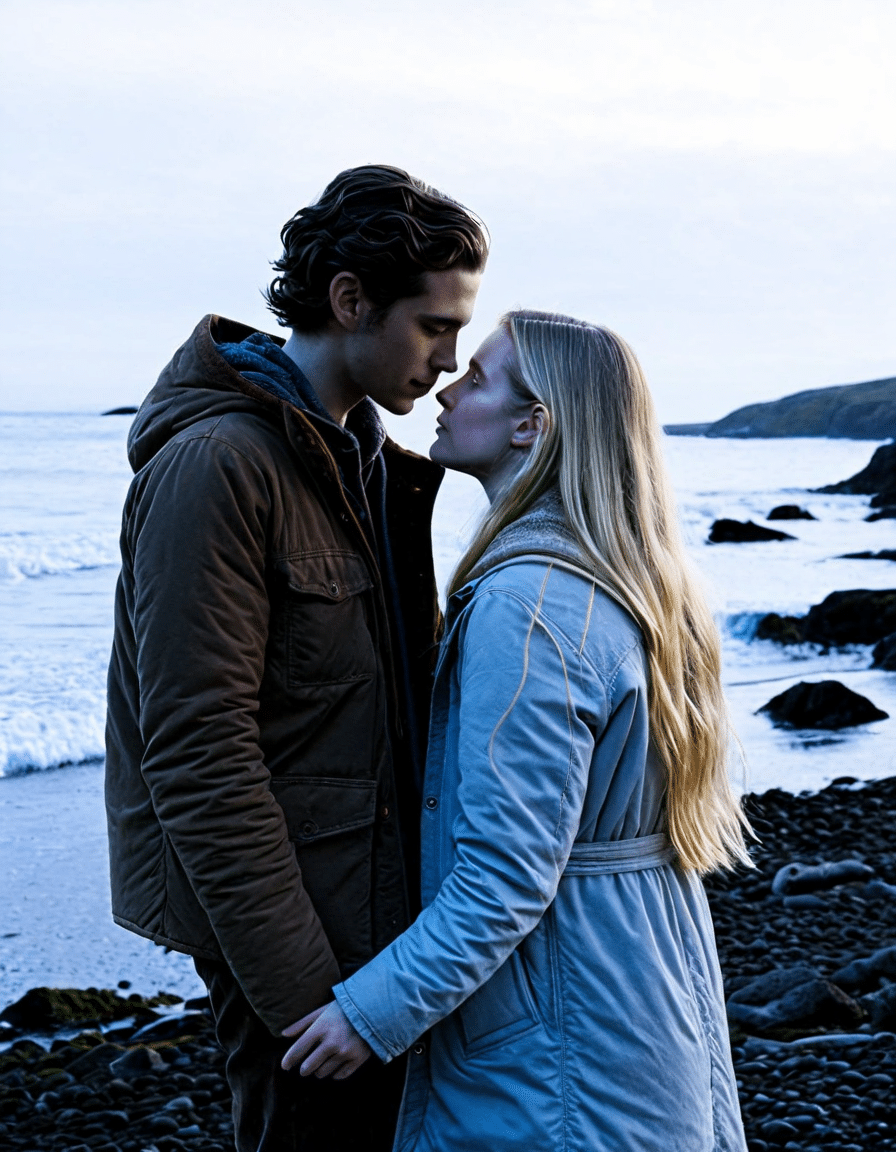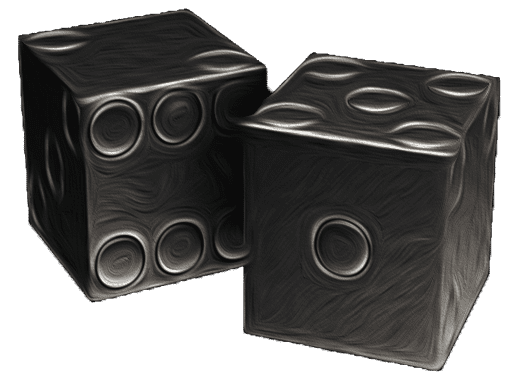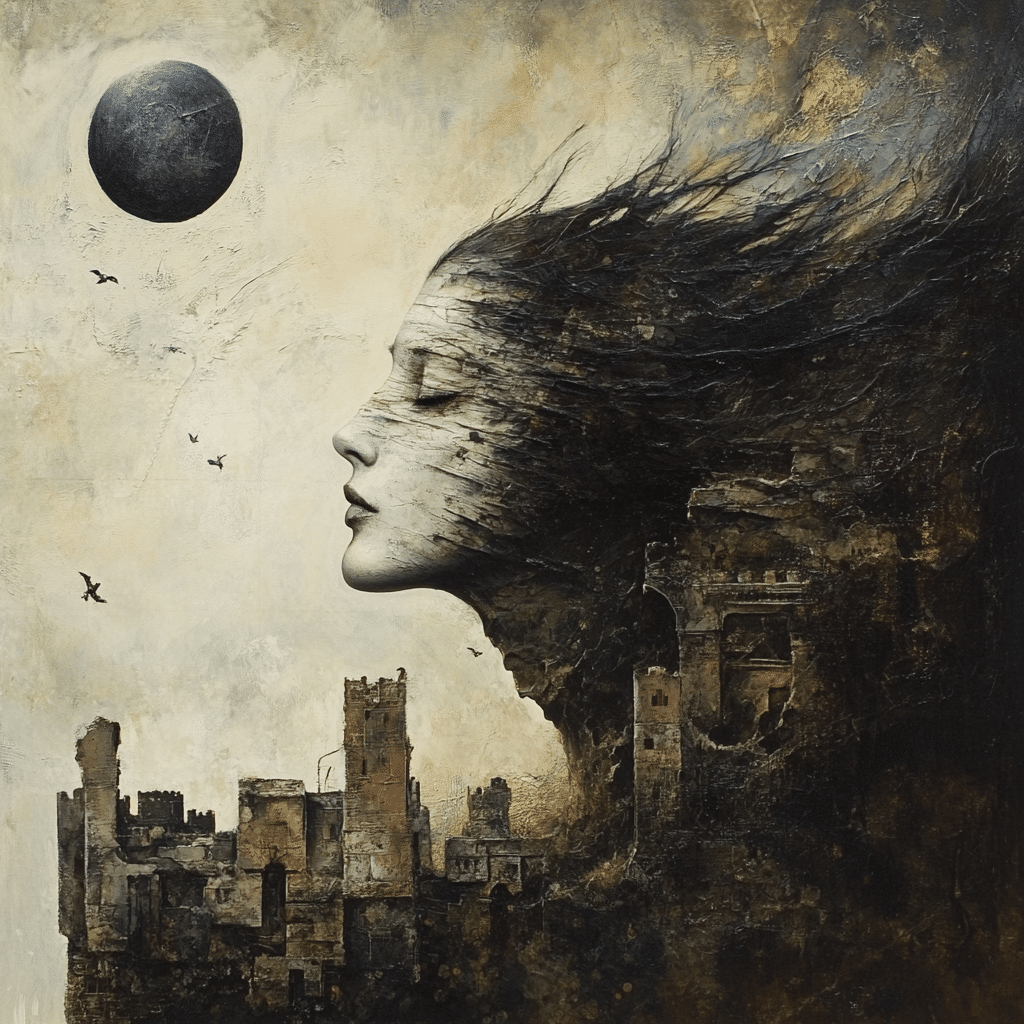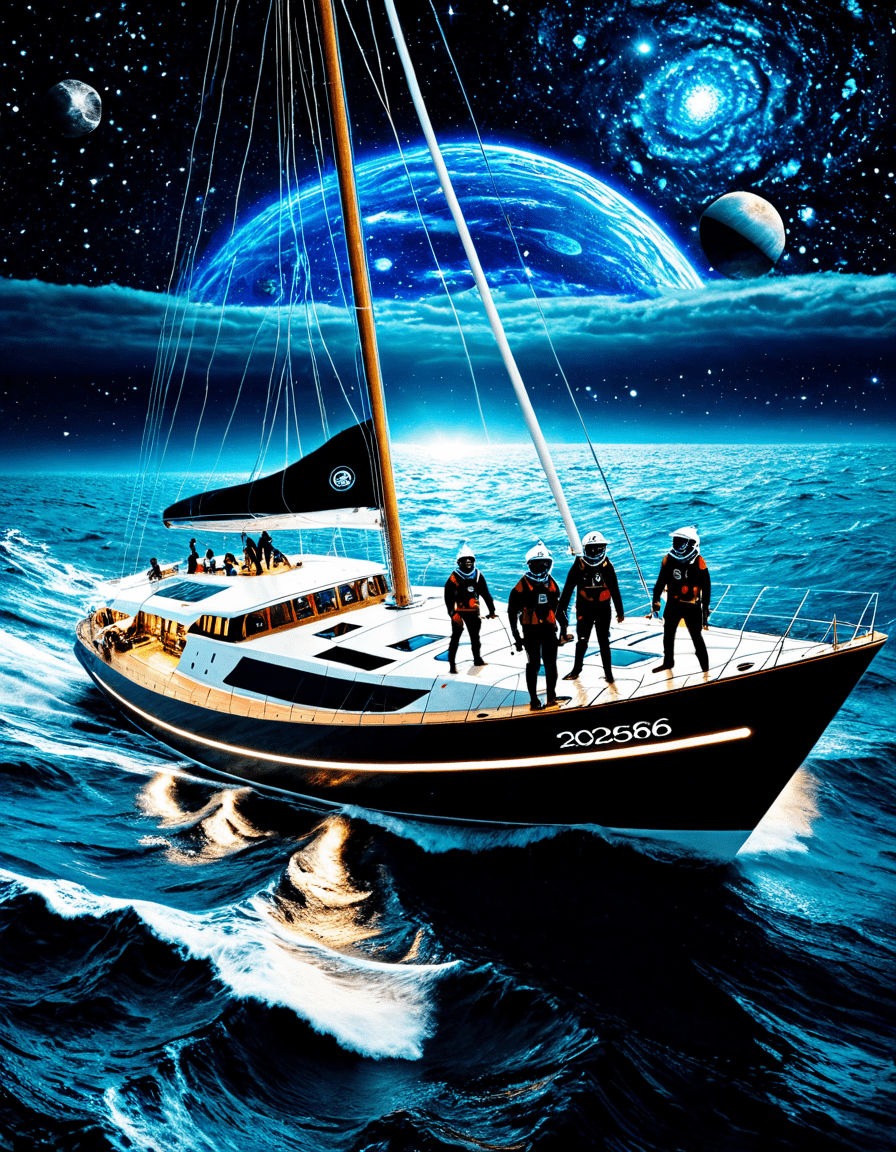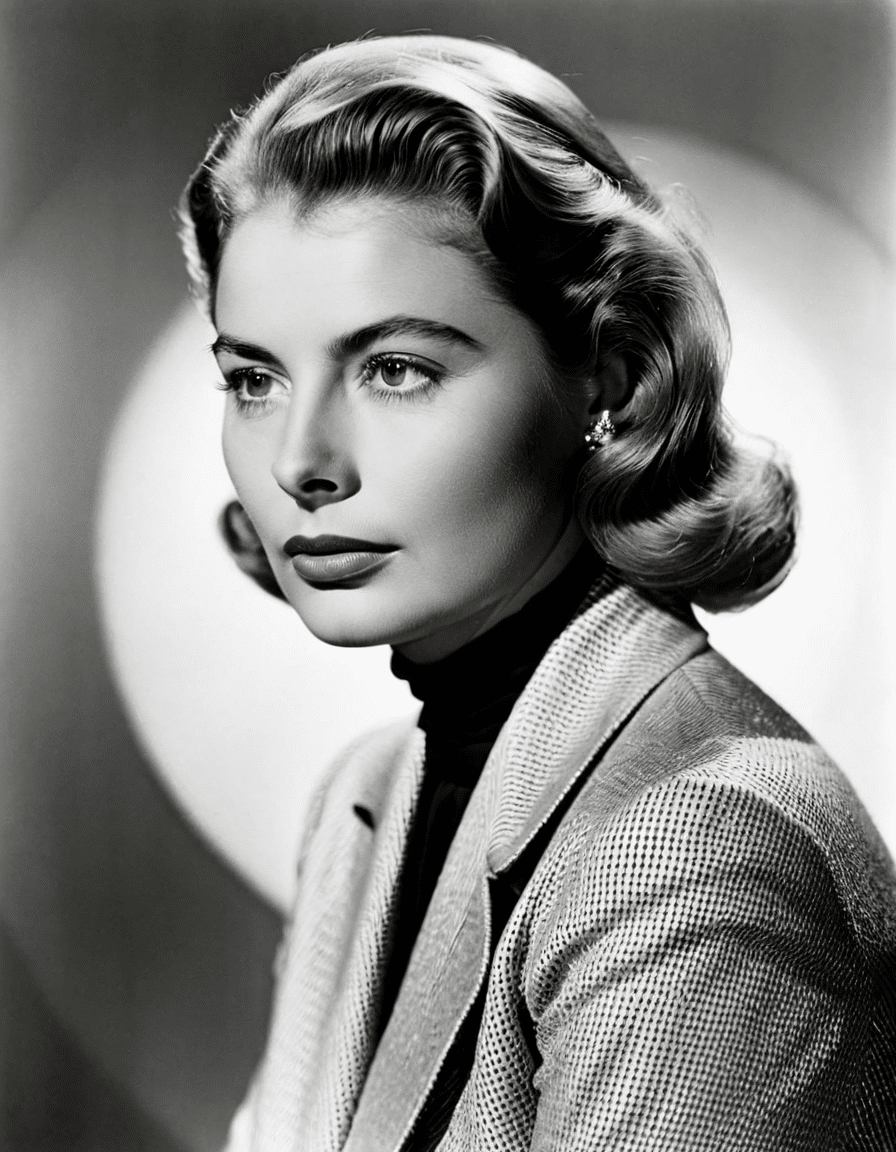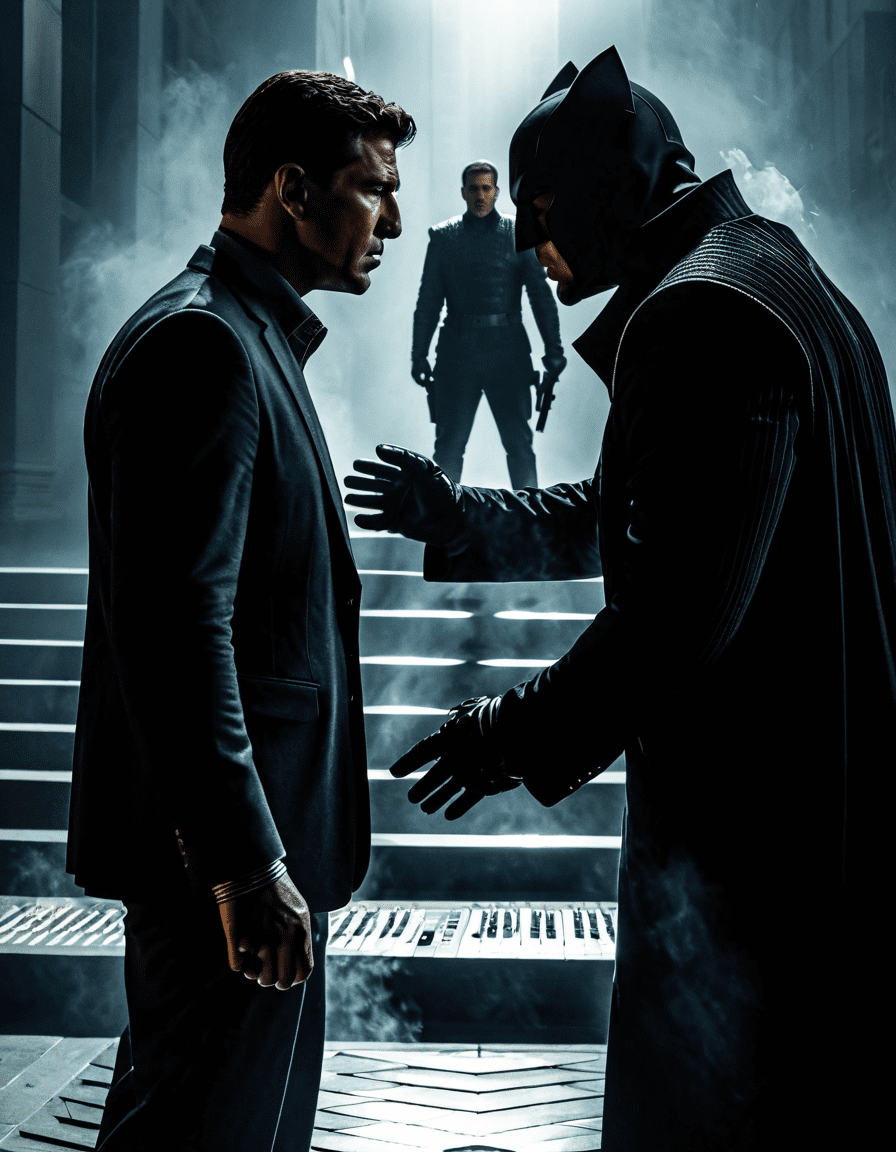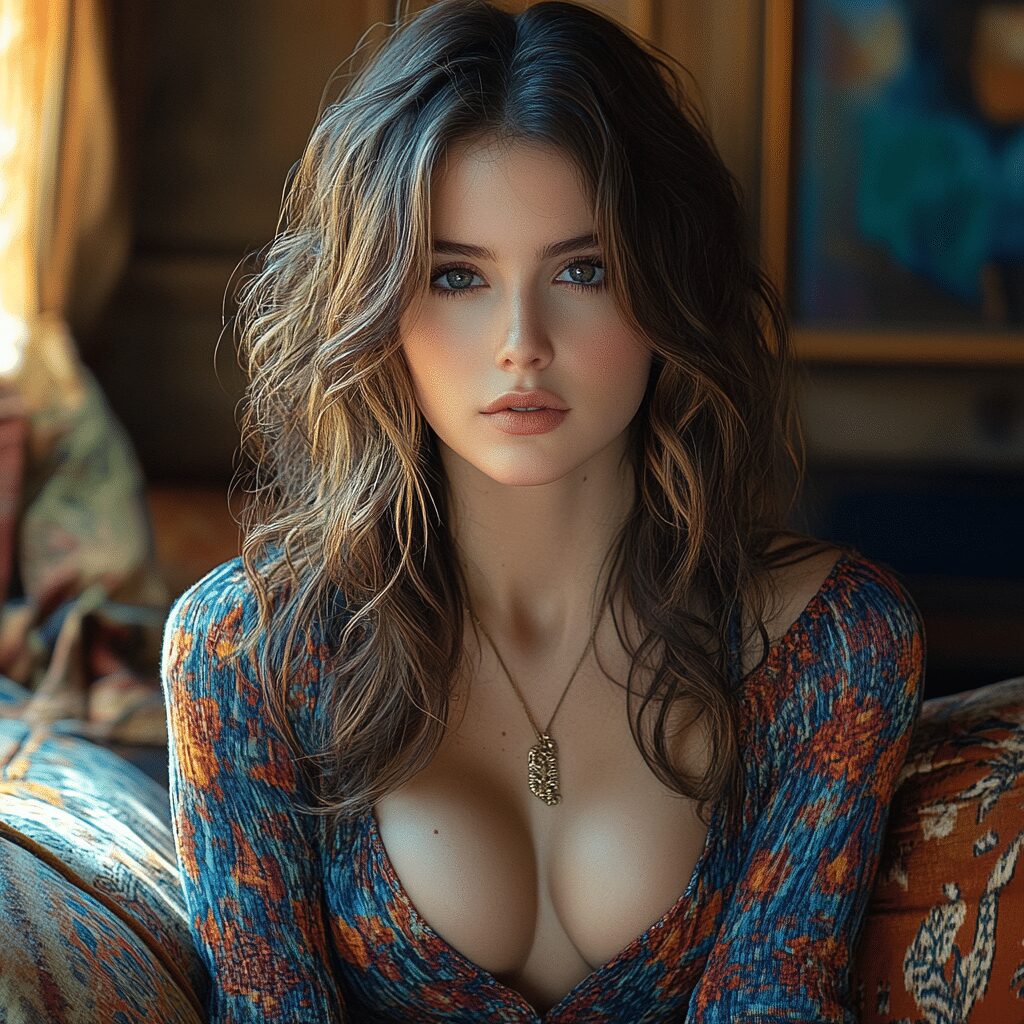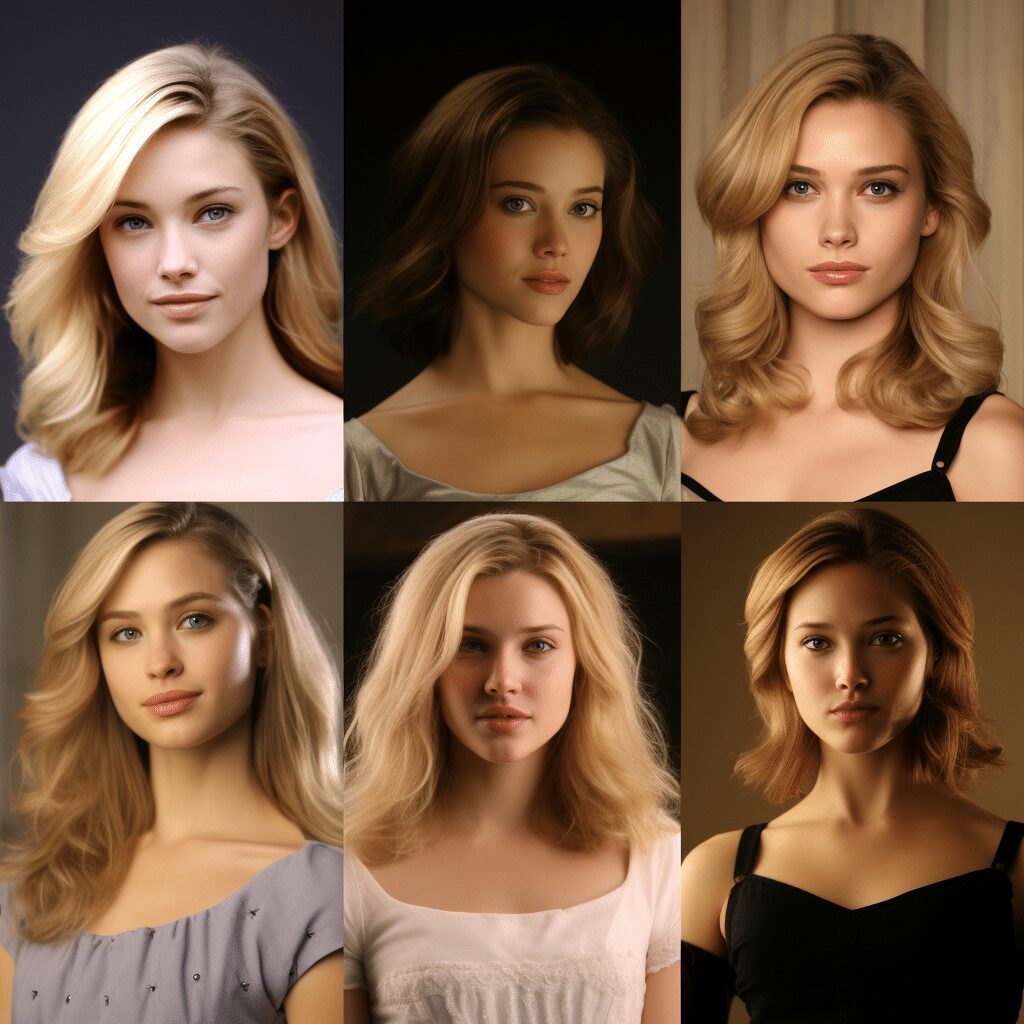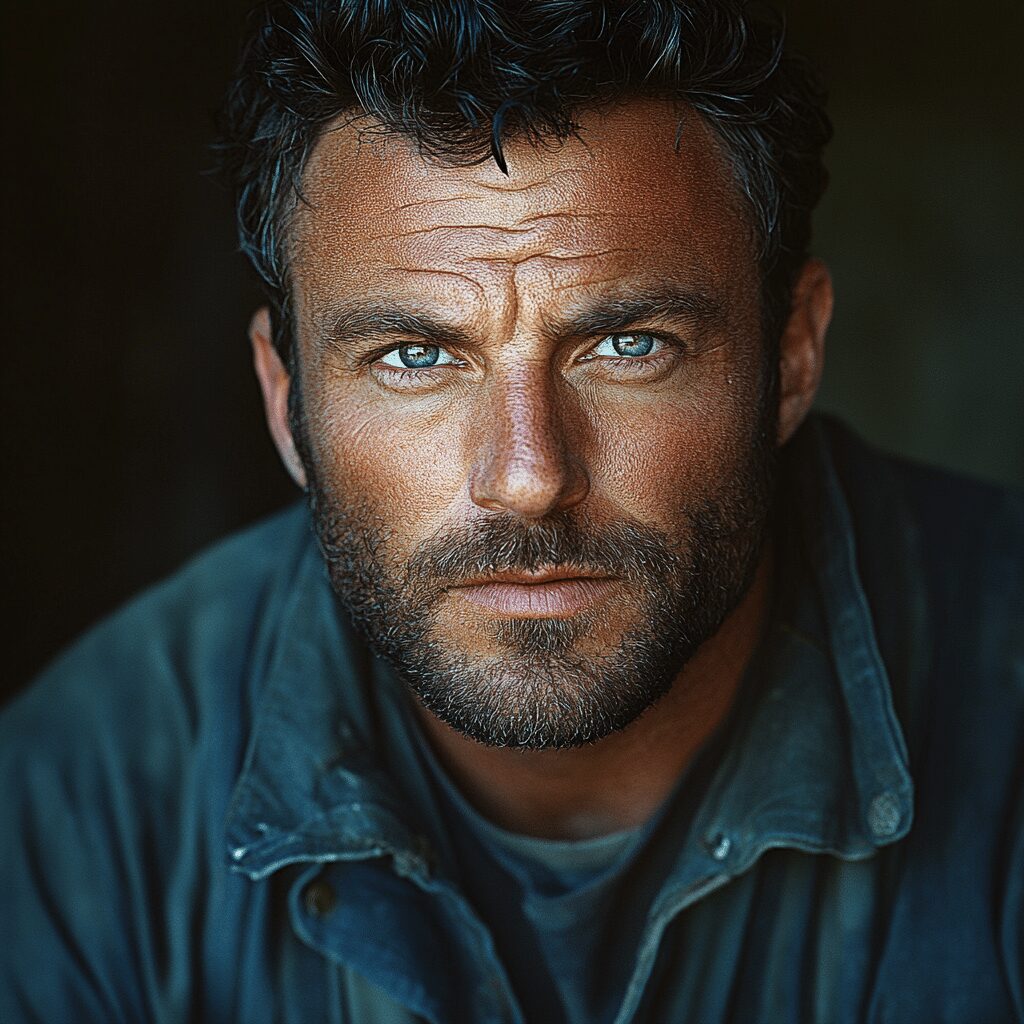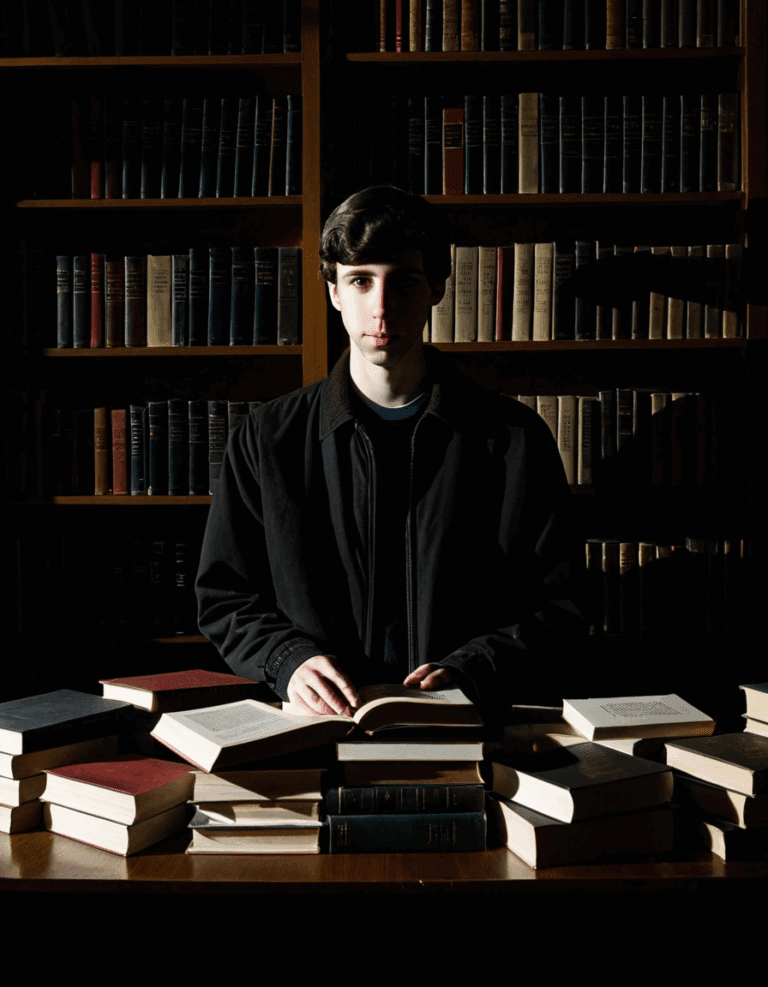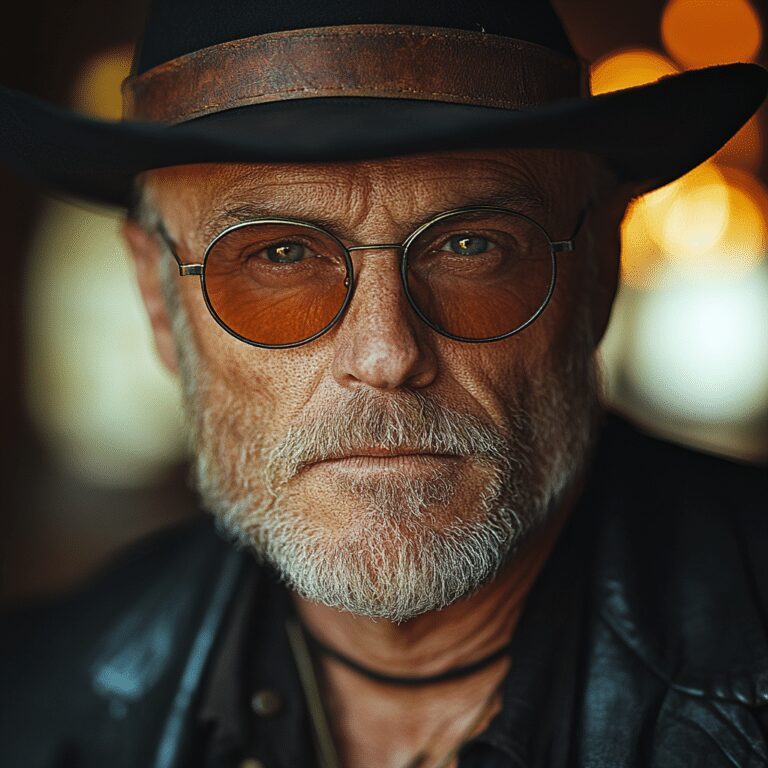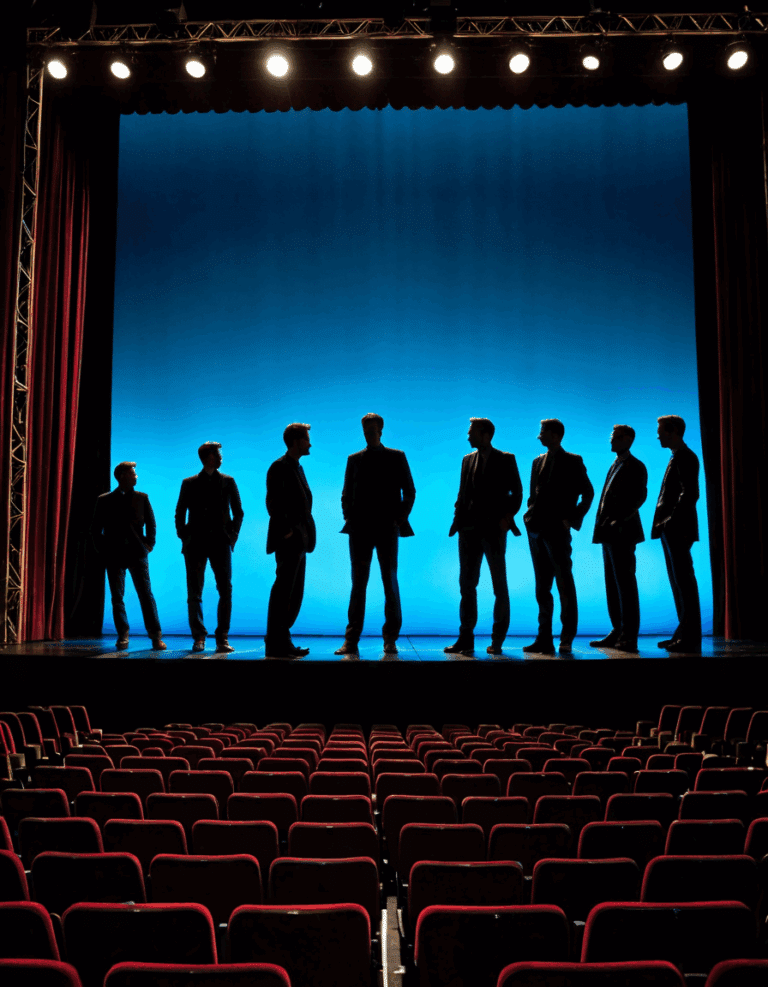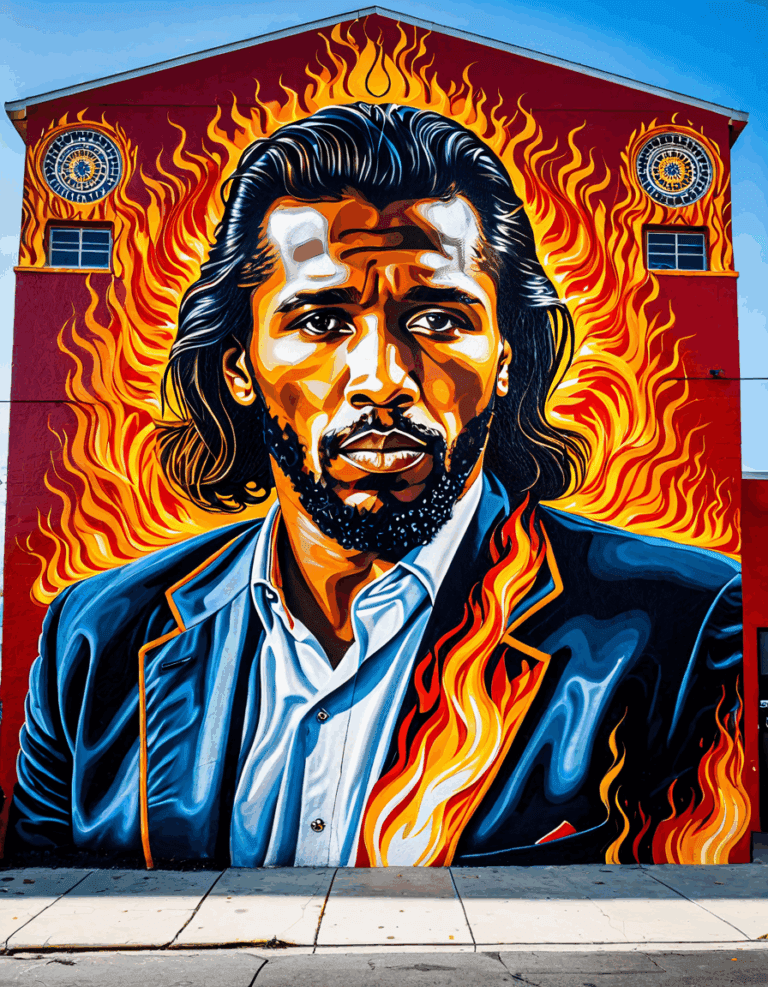The Netflix series The OA has truly left its mark on the television landscape since it first introduced us to its fascinating universe. By blending science fiction, fantasy, and mystery, The OA challenges the usual storytelling norms and invites viewers to engage with a blend of the fantastic and the philosophical. Let’s dive into what makes The OA such a captivating experience that resonates with audiences all around the globe.
![The OA - Theme Song / Final Scene in the School [HD 1080p]](https://www.loadeddicefilms.com/wp-content/cache/flying-press/ba8b49ea269eedcfe6a7243cf3f7b363.jpg)
7 Ways The OA Challenges Conventional Narratives
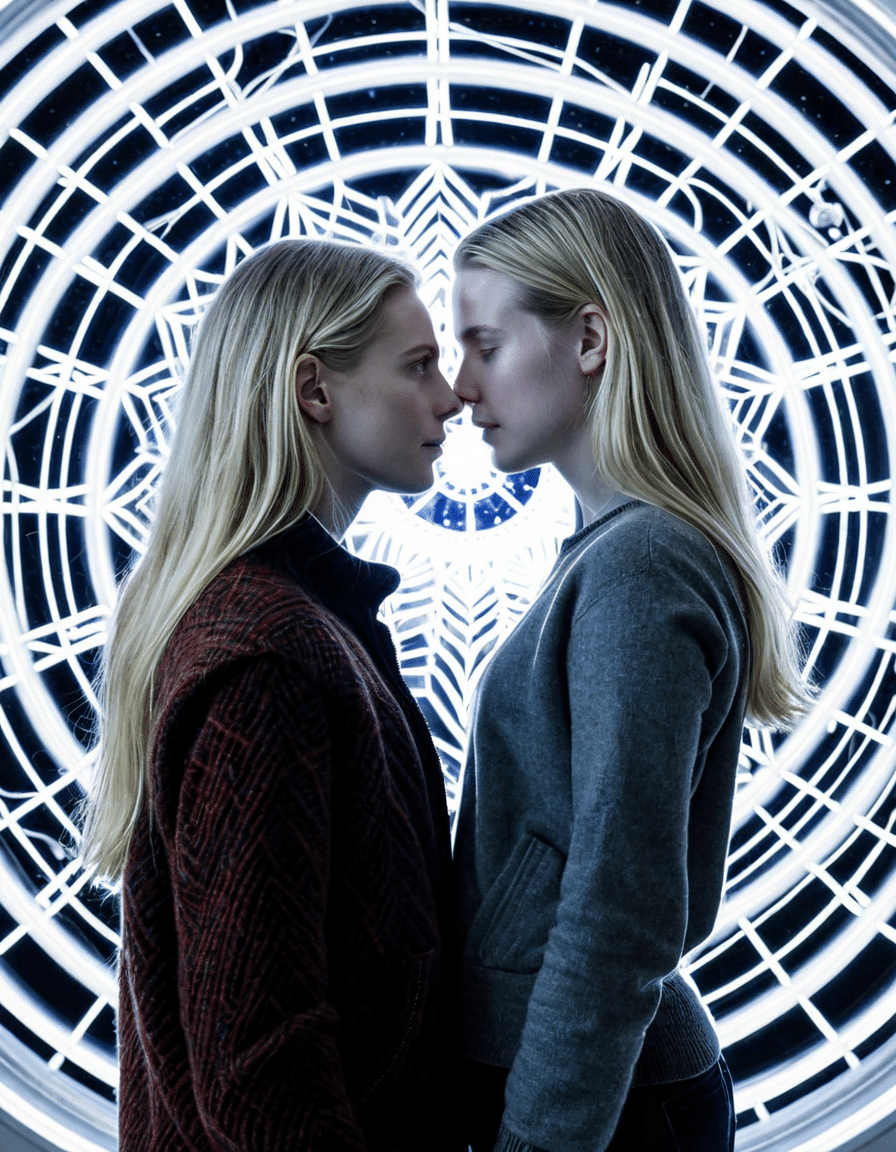
1. Innovative Storytelling Techniques
The OA employs a storytelling format that wouldn’t look out of place in The Social Network. Instead of the usual one-way street, The OA weaves through multiple timelines and perspectives, which keeps you on your toes. You can’t just sit back and eat popcorn—oh no! You’ll find yourself trying to piece together the puzzle, guessing what might happen next. This fragmented approach makes for a thrilling ride. It’s like the filmmakers handed you a jigsaw puzzle but it doesn’t even come with a box for guidance!
![The OA: Part II | Official Trailer [HD] | Netflix](https://www.loadeddicefilms.com/wp-content/cache/flying-press/1ec3e6486f08cb941264533fd44f7627.jpg)
2. Strong Character Arcs
Much like the characters in The Umbrella Academy, the folks in The OA are layered and deeply flawed, making them feel real. Each character has their own backstory, dreams, and struggles that unfold slowly, crafting a bond with the viewer that keeps you invested. You can’t help but root for them as they unravel their own mysteries. This emotional connection is akin to the dramatic flair seen in classic series like The OC, making their personal journeys resonate long after the credits roll.
3. Philosophical Undertones
Exploring topics like existence and free will, The OA dives deep into metaphysical themes, echoing the sentiments found in films like The Northman. The narrative leaves viewers pondering life’s big questions—like, do we control our own destinies, or are we merely pawns in a cosmic game? Discussions around these themes ignite thoughtful conversations, making it a memorable watch even weeks after the finale. The writing is like a cozy café where deep conversations over coffee just flow naturally.
4. Cinematic Visuals
If you thought The Florida Project had stunning visuals, wait until you feast your eyes on The OA. The show delivers a visual banquet of dreamlike sequences that take you right into its otherworldly narrative. Each frame is artfully crafted, not just to tell a story but to pull you into the emotional whirlwind alongside the characters. It’s a feast for the eyes—bringing a marvelous mélange of color and light that leaves you breathless.
5. Diverse Representation
The OA makes a commendable effort in showcasing diversity, much like The Orville does. You see a broad range of characters from various backgrounds, enriching the narrative tapestry. This inclusivity encourages a plethora of perspectives that can broaden our understanding. By celebrating differences, The OA doesn’t just entertain—it educates and opens hearts.
6. Challenging the Genre Norms
Much like A Complete Unknown, The OA doesn’t confine itself to a single genre. Instead of just sticking to thrillers or science fiction, it expertly melds elements from various genres, challenging viewers’ expectations in every episode. It forces you to suspend your assumptions and dive headfirst into the unknown. Just when you think you’ve figured it out, something twists the whole tale on its head!
7. Emotional Depth and Humanity
At its core, The OA explores the intricate tapestry of human experiences—love, loss, and the longing for connection. Similar to the powerful storytelling seen in Society of the Snow, this exploration of emotional depth gives the series a heartbeat. You can’t help but feel the weight of the characters’ journeys, making you reflective about your own relationships and journeys in life. It hits those emotional notes that linger long after the screen goes dark.
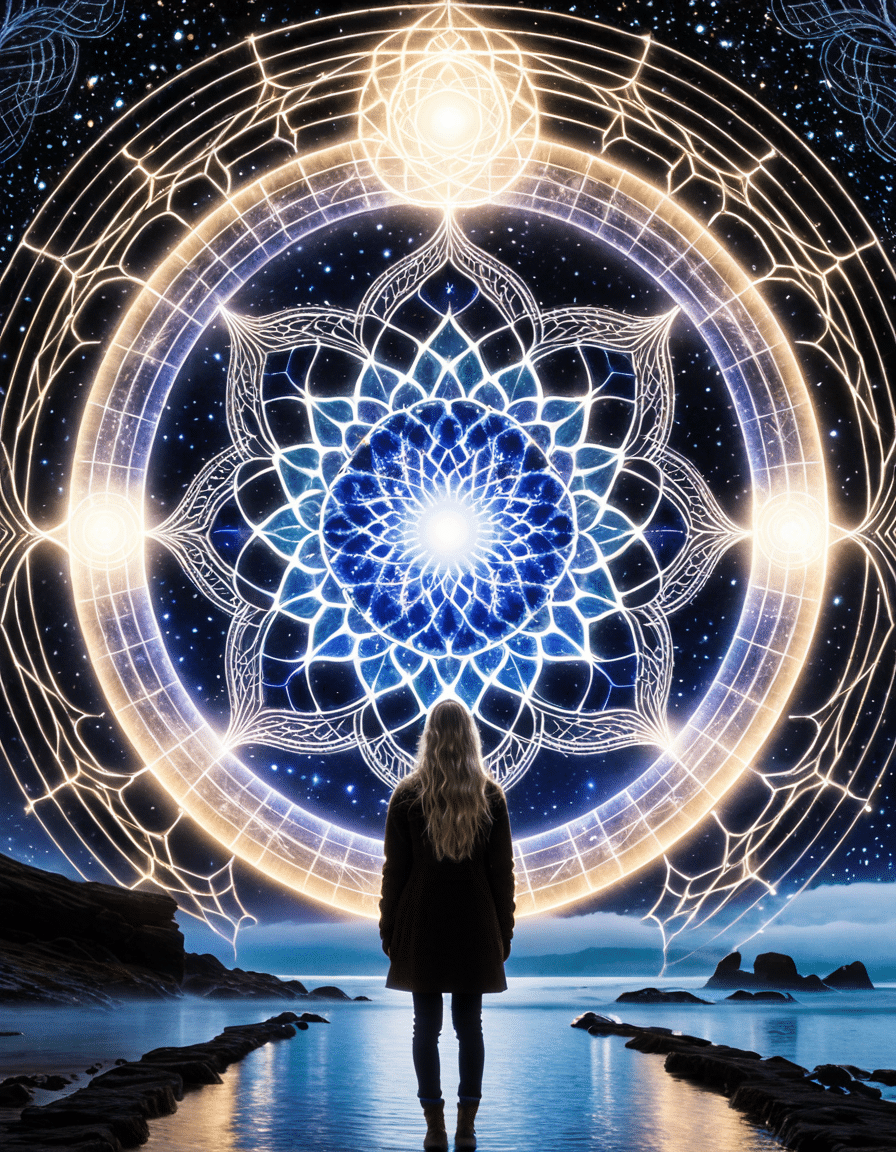
The Legacy of The OA in Modern Television
Since its debut, The OA has become emblematic of a bold shift in television storytelling. As we navigate through countless new streaming platforms, the innovative narrative techniques and emotional undertones of The OA stand out, sparking conversations about how shows can truly engage viewers. In an era where people are not just looking for entertainment but also for something that challenges the brain, The OA steps in, leading the way.
Its influence can be spotted in several subsequent projects, like the experimental storytelling witnessed in The Guardian. Many shows are now riding the wave of complex narratives that encourage viewers to think deeply, reflecting that craving for more-than-surface-level entertainment. It’s not just about flicking a switch on the TV; it’s about embarking on an emotional and intellectual journey.
Furthermore, the fervor surrounding The OA is reflective of a larger trend where audiences crave a deeper exploration of identity and consciousness. Amid an increasingly fragmented society, viewers are eager to reflect on their journeys of understanding. The OA invites them to do just that, making it relevant in the age of social media and endless digital distractions.
As we look to the future of storytelling, The OA remains a guiding light—not just in how stories can be told but in what stories can evoke. Its blend of mind-bending narratives and heartfelt character development signifies a pivotal moment in modern television, and its legacy will undoubtedly inspire creators for years to come.
As we say goodbye to typical storytelling, The OA waves at us from a distance, with its all-encompassing embrace, urging us to explore the mysteries of the universe that we may be overlooking. Whether you’re a fan or just a curious onlooker, one thing’s for sure: The OA has captivated audiences in ways that few shows ever get to achieve. So grab your popcorn, settle into your favorite spot, and dive into this intricate maze of storytelling—it’s a journey you won’t want to miss!

The OA: Captivates Audiences with Its Mind-Bending Story
Fascinating Facts About The OA
Diving into The OA, viewers are treated to a wild ride that combines mystery, science fiction, and a touch of the supernatural. Did you know that the show’s co-creator, Zal Batmanglij, originally envisioned it as a feature film but pivoted to a series format? This decision mirrors the transformative approach taken by legendary filmmaker Hal Roach, who understood the power of episodic storytelling in captivating audiences. The intricate narratives and multi-dimensional characters have often led fans to draw comparisons with other popular shows like Rwby, showcasing the diverse storytelling techniques that resonate with viewers today.
As the plot unfolds, the show’s themes of consciousness and alternate realities unfold in layers that might remind you of exploring the uncharted waters of literature or art. Speaking of depths, you might be surprised to learn about the thrilling use of physical choreography in The OA, akin to the memorable visual journey depicted in The Polar Express. The show’s unique style employs dance to express complex emotions, further enriching the viewing experience as characters traverse their own personal odysseys.
And here’s a quirky tidbit: the writers incorporated an intriguing combination of facts and trivia into the narrative, making it as digestible as a juicy pawpaw fruit smoothie on a hot summer day. It’s this blend of whimsical elements that pulls fans deeper into The OA‘s plot, looking for hidden meanings and discussions that run parallel to their own lives. What’s more, the seasoned cast, featuring actors with historic ties, adds another layer to the show. For instance, seeing a multi-faceted talent like Ingrid Bergman wouldn’t feel out of place among the characters, given their emotional depth.
Lastly, the show doesn’t shy away from difficult themes, often mirroring the hardships seen in wider pop culture, even tackling subjects as heavy as the implications of existence—akin to the themes we see explored in graphic productions like Avengers Dooms Day. Out of all the documentaries and artistic expressions out there, The OA stands tall, bridging personal and fantastical experiences, similar to how Clark Gable embodied roles that challenged societal norms. This blend of wonders keeps the audience hooked, leaving them pondering questions about life, death, and the stories we tell to make sense of it all.
